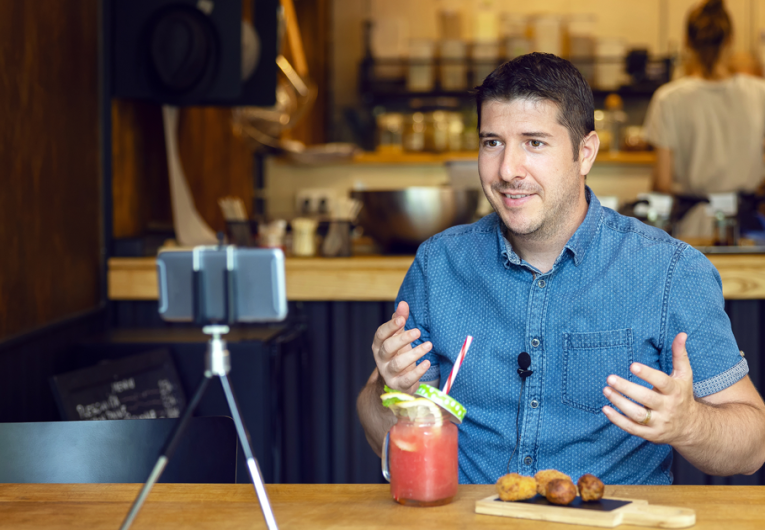
Moderating Social Media Conversations
Would you let someone make abusive comments while browsing around in your store? Of course not. No one would want to shop there. Instead you’d keep an eye out and intervene, if needed. But what if the same thing happened on your Facebook page? That’s why moderating social media is so important. It’s your way to intervene online. Start with these tips to monitor your online “store” so you can provide a positive experience for your small business customers.
Why Moderate Social Media?
One of the advantages of social media is its ability to engage real people in discussion. The conversations are unscripted and open to everyone in a community. That’s what makes them authentic.
But it also means that there’s potential for talk to take a wrong turn. If your business becomes the target, it can damage your brand. A moderator will observe your social media channels and intervene during those times. They might modify inappropriate posts, respond with the correct information, or take action against people who maliciously troll sites.
Tips for Moderating
Whether you moderate social media yourself or hire someone to do it for you, here are some tips to help you get started:
- Set the rules – Start by setting up your own social media policy. It might outline what you expect from your followers or what kind of content you will and will not allow. If your staff will post or moderate, you’ll want to set the tone and provide training for that interaction. The Small Business Administration offers some guidelines and provides examples.
- Strive for balance – Allow both positive and negative comments about your business. It will create a more authentic experience. You may find that followers will self-moderate negative comments by countering with positive messages. View the negative comments as a way to take the pulse of your followers—what’s bugging them, what could you do better?
- Know when to ban a follower – A little bit of conflict can keep the discussion lively. But there comes a point when it goes too far. Define, in advance, where that line is. Some examples might be: threatening another follower, posting illegal content, making offensive remarks based on ethnicity, orientation, national origin, or religion. Make sure that is part of your social media policy.
- Don’t over do it – It’s possible to exert too much control over what is posted on your channels. That can happen if you’re always deleting posts or don’t allow comments to be publically visible. Your followers will think you’re playing big brother and may leave you. The goal is to engage followers as a member of your community. Like you used to say to your older sibling, “You’re not the boss of me.”
- Consider outsourcing it – You can contract with outside companies to moderate for you. For example, Crisp Thinking provides 24/7 coverage and will notify you within 15 minutes of any infraction. You set the criteria for monitoring and they watch, using a combination of technology and human verification. If you’re looking for a full-service approach to a custom social media strategy and management, consider a specialty firm like Catalyst Branding. You define your goals and budget, and they report back each month on their success. Here is a list of other options that might also be helpful.
Moderating social media conversations can help you enhance (and protect) your brand. Tips like these help you provide a safe and engaging place for your followers to interact. And that reflects back positively on your small business.
The trends, insights, and solutions you need to grow your business.
By signing up, you’re subscribing to our monthly email newsletter, The
Wire. You may unsubscribe at any time.
Your information stays safe with us. Learn more about our privacy
policy.











![[#MSP_NAME#] Logo](/themes/sparklight_business/images/transition-logos/migration-banner-logo-[#MSP_CD#].png)
